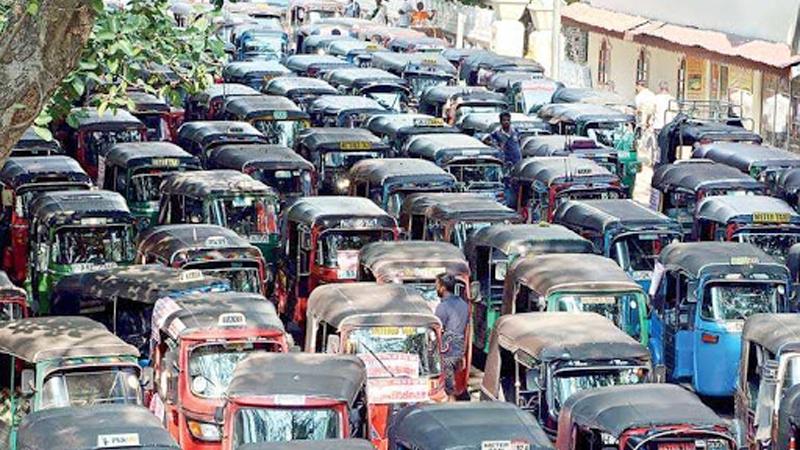
The only exit path for Sri Lanka from the current economic quagmire is grooming skilled, brainy and visionary leaders who could steer the country in the right direction, said disgruntled young entrepreneurs who see a very bleak future for the country. “We must bring an end to the ‘trishaw- driving culture’ that has stifled innovation and intellectual progress in youth,” a young entrepreneur in the software industry said.
The need to change the archaic education system that had failed to read the signs of time and produce smart entrepreneurs, innovators and thinkers has been expressed umpteen times at many a forum without avail.
As Benjamin Franklin rightly said “An investment in knowledge pays the best interest” policy-makers shouldn’t leave a single stone unturned to revive the dormant spirits and bolster the ailing economy.
Last week the importance of promoting technical education as a panacea for the ills of loss of income, salary cuts and employment was stressed.
According to estimates, of the around nine million labour force, one million (one-ninth) drive a trishaw. The country has around 1.3 million registered three-wheelers today. A survey by the National Apprentice and Industrial Training Authority (NAITA) reveals that the number of those taking to trishaw driving exceeds the number of those quitting the vocation.
It was also revealed that a trishaw operator is occupied only for around two hours of the eight hours on average spent a day on the road. The rest of the time is spent on waiting for a hire. “The training offered to trishaw operators is of immense value, enabling me to use the time productively. I learnt plumbing and now earn more to support my family,” said a young trishaw operator in Pettah.
A free vocational training program for three-wheeler operators was launched by NAITA under the theme “From Three-wheel to Four-wheel” a couple of years ago.
Basic training in plumbing, repairing electrical equipment, mobile phones, household appliances and hair dressing are provided under the program.
The vocational training is offered to drivers to help them make good use of the unused time to be occupied in another job.
The training program was held in NuwaraEliya, Matale and Polonnaruwa districts. The informal sector which consists of low wage earners accounts for over 55 percent of the labour force in the country of which nearly 60 percent are engaged in the non-agricultural sector according to data.
Daily and casual labourers will be the most affected segment of the economy whenever there is a crisis in the country unless and until they could be moved into a stable vocation,” a vocational training expert said.
